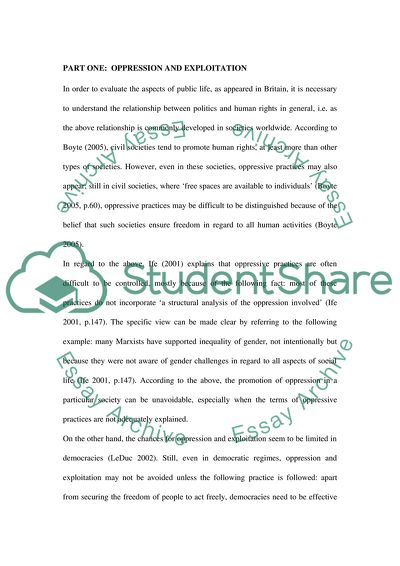Cite this document
(The Ability of New Social Movements and Identity Politics Essay, n.d.)
The Ability of New Social Movements and Identity Politics Essay. https://studentshare.org/sociology/1775582-resistance-an-evaluation-of-the-ability-of-new-social-movements-and-identity-politics-to-resist-the-injustice-and-oppression-found-in-the-contemporary-world
The Ability of New Social Movements and Identity Politics Essay. https://studentshare.org/sociology/1775582-resistance-an-evaluation-of-the-ability-of-new-social-movements-and-identity-politics-to-resist-the-injustice-and-oppression-found-in-the-contemporary-world
(The Ability of New Social Movements and Identity Politics Essay)
The Ability of New Social Movements and Identity Politics Essay. https://studentshare.org/sociology/1775582-resistance-an-evaluation-of-the-ability-of-new-social-movements-and-identity-politics-to-resist-the-injustice-and-oppression-found-in-the-contemporary-world.
The Ability of New Social Movements and Identity Politics Essay. https://studentshare.org/sociology/1775582-resistance-an-evaluation-of-the-ability-of-new-social-movements-and-identity-politics-to-resist-the-injustice-and-oppression-found-in-the-contemporary-world.
“The Ability of New Social Movements and Identity Politics Essay”. https://studentshare.org/sociology/1775582-resistance-an-evaluation-of-the-ability-of-new-social-movements-and-identity-politics-to-resist-the-injustice-and-oppression-found-in-the-contemporary-world.


